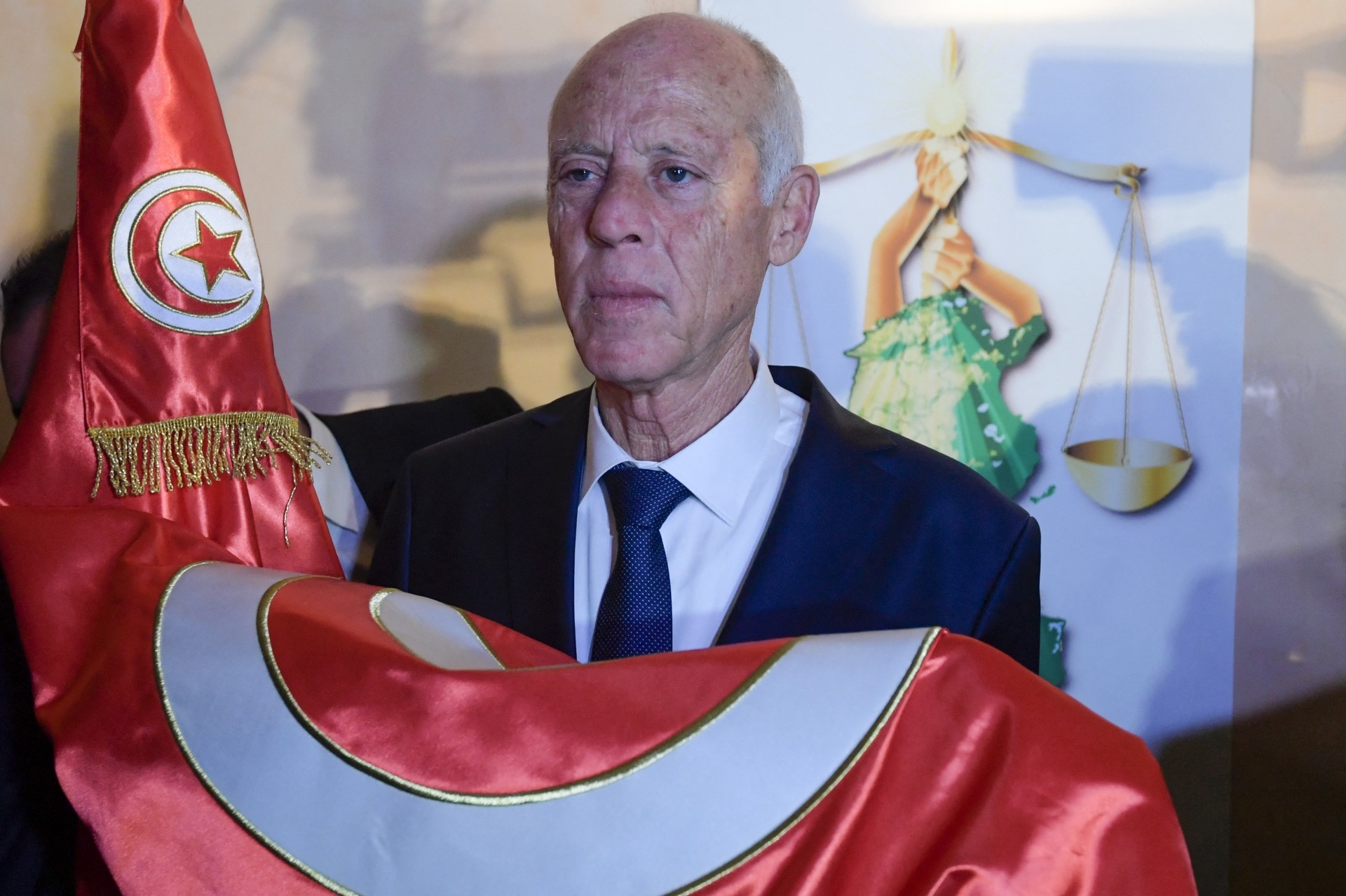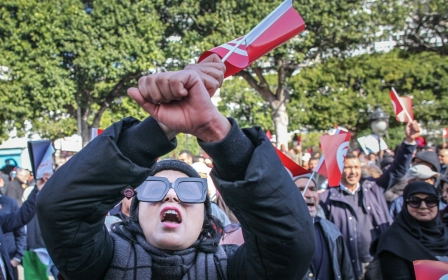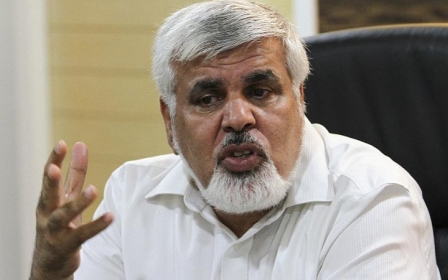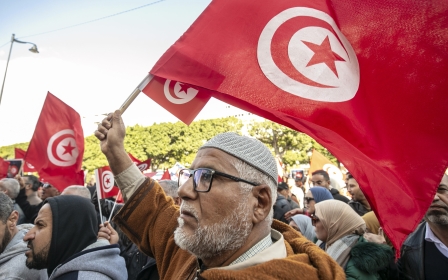Tunisia: Saied's absence fuels speculation about his 'illness'

Tunisian President Kais Saied has disappeared from the public eye for nearly two weeks after he reportedly fell ill, sparking a wave of speculations about his unexplained absence.
Health Minister Ali Mrabet fuelled rumours on Sunday when he walked away from a journalist seeking a comment about the president's health.
Ahmed Nejib Chebbi, leader of Tunisia's National Salvation Front opposition alliance, said on Monday he was informed that Saied had "fallen ill" on 22 March but did not comment publicly on the matter since it did not have political implications at the time.
However, he said the "mystery" surrounding the president's health has now grown and the health minister's lack of response "made things worse".
It has become necessary for the government to clarify Saied's condition to the public and whether it will be temporary or permanent, Chebbi added, warning the country will enter a presidential vacancy period if Saied is unfit to continue in his post.
New MEE newsletter: Jerusalem Dispatch
Sign up to get the latest insights and analysis on Israel-Palestine, alongside Turkey Unpacked and other MEE newsletters
Under Tunisia's new contentious constitution pushed by Saied last year, the president of the Constitutional Court is next in the order of presidential succession if there is a permanent presidential vacancy.
However, Saied has not established the Constitutional Court yet, according to Chebbi, potentially leaving the country in a legislative void and leading to a "major calamity".
'Don't Tunisians have the right to get an official clarification about the reasons for the absence of the head of state since 10 days?
- Riadh Chaibi, Ennhada
The opposition leader called for discussions about the transition of power.
Saied was last seen publicly on 22 March during a visit to Bab Souika market in the Old City of Tunis. Tunisian officials have remained silent about his whereabouts or his health condition since.
Yassin Ayari, a former opposition MP, claimed on social media that Saied suffered "an acute health problem resulting from a severe heart attack of the type of atrial fibrillation with shortness of breath and a lack of oxygen".
He did not clarify the source of his information and MEE has been unable to verify it.
Rafik Abdessalem, former foreign minister, said Saied is in the Military Hospital in Tunis for treatment.
'The Carthage Palace is empty'
"The Carthage Palace is empty of its thrones, except for presidential security," he posted on Facebook.
Tunisians have speculated about the president's absence for days, especially during Ramadan (which began on 23 March), a month of engagement with communities and making public appearances.
Last week, Saied missed the ceremony approving Brazil's new ambassador to Tunisia, who was received by Foreign Minister Nabil Ammar instead.
The governor of Gabes Governorate was also dismissed last week, prompting many Tunisians to question who was actually running the country amid Saied's unexplained absence.
"Don't Tunisians have the right to get an official clarification about the reasons for the absence of the head of state since 10 days?" Riadh Chaibi, a political adviser to the head of the Ennahda Movement opposition group, wrote.
"If the president is already facing some health barriers to carrying out his duties, then who is running the country now?" he added.
Tunisian journalist Khaoula Boukrim visited the area where the Miltary Hospital is located in Tunis, where Saied is rumoured to be treated.
"There were no security or military reinforcements that, at least apparently, indicated the presence of the head of state, as happened during the stay of the late Beji Caid Essebsi in the same hospital," she wrote.
"Of course, the absence of reinforcements does not confirm or deny [Saied's] presence or not, but this is the picture on the ground," she reported.
MEE could not independently confirm these reports.
In July 2021, Saied unilaterally suspended parliament and dissolved the government, a move he marketed as a step towards "true democracy", involving what he described as a clean break with the political class, institutions, and "corrupt elites".
He then gathered vast, unchecked powers, which were later enshrined in a tailor-made constitution that he used to pave the way towards a "dictatorial regime", according to opposition figures.
Middle East Eye delivers independent and unrivalled coverage and analysis of the Middle East, North Africa and beyond. To learn more about republishing this content and the associated fees, please fill out this form. More about MEE can be found here.





